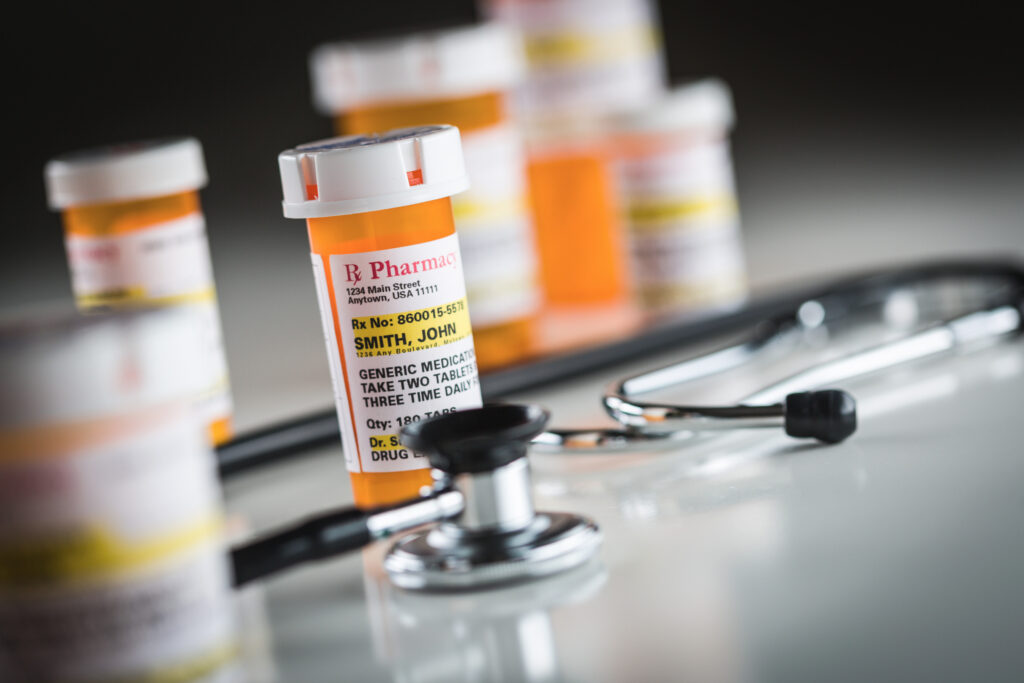
Bargain hunting is a savvy shopper’s superpower, but when it comes to over-the-counter (OTC) medicines, discount stores might not be the safest bet. Concerns about discount store medicine safety extend beyond just the price tag. Expired medications, improper storage, and even counterfeit drugs can lurk on those shelves. Before you stock your medicine cabinet with discount finds, consider the potential risks to your health and well-being.

1. The Expiration Date Dilemma
OTC medications have expiration dates for a reason. After that date, their effectiveness and safety decline. Discount stores may inadvertently stock expired or soon-to-expire products, jeopardizing your health when you need those medications most.

2. Storage Matters
Temperature and humidity can significantly affect how well OTC medications work. Discount stores might not always have the same strict storage protocols as pharmacies, potentially compromising the quality of the medicines they sell. Improper storage can lead to decreased potency or even harmful alterations in the medication.

3. The Risk of Counterfeit Drugs
Part of the discount store medicine safety is the growing problem with counterfeit drugs. Discount stores aren’t immune. These fake medications may look identical to the real thing but could contain harmful ingredients or no active ingredients at all. Always be wary of suspiciously low prices on OTC medications, as this could signal a counterfeit product.

4. Discount Drugstores vs. Pharmacies
Pharmacists are trained healthcare professionals who can provide valuable guidance on OTC medication selection, dosages, and potential side effects or interactions. Discount stores rarely offer this level of personalized advice, leaving you to navigate the world of OTC medicine on your own. This increases the risk of making uninformed decisions that could impact your health.

5. The Dangers of Buying OTC Medicine Online
Online marketplaces offer convenience, but be especially cautious when purchasing OTC medications. Some online sellers are not reputable and may be selling expired, counterfeit, or improperly stored drugs. Stick to trusted online pharmacies with clear credentials and policies.

6.The Importance of FDA Regulations
The FDA regulates the manufacturing and labeling of OTC medications to ensure safety and efficacy. Discount stores may sometimes source products from suppliers that don’t adhere to the same rigorous standards, increasing the risk of compromised medications entering their inventory.

7. OTC Medication Recalls
Occasionally, OTC medications are recalled due to safety concerns. Discount stores may be slower to remove recalled items from their shelves compared to larger pharmacy chains. It’s essential to stay informed about recalls by regularly checking the FDA website for the latest information.

8. Best Places to Buy OTC Medications
Reputable pharmacies generally offer the safest option for purchasing OTC medications due to their stricter quality control and access to expert advice from pharmacists. If budget is a concern, look for sales at trusted drugstores or consider generic versions, which are often just as effective.

9. OTC Medication Deals – Are They Worth It?
Discount stores might advertise unbeatable deals on OTC medications. However, always weigh the potential savings against the risks to your health. A slightly higher cost at a reputable pharmacy might be a worthwhile investment for the peace of mind it brings.

10. OTC Medication Interactions
Even OTC medications can interact with prescription drugs or other supplements you may be taking. Discount stores lack the pharmacist support to help you understand these potential interactions. Consulting with your doctor or pharmacist is crucial before taking any new OTC medication.

Discount Store Medicine Safety: What You Can Do
Checking expiration dates, verifying packaging integrity, and being mindful of storage conditions are crucial for discount store medicine safety. Most importantly, if you have concerns about a particular medication or need personalized advice, consult with a pharmacist for reliable guidance.
Read More
These 15 Dreadful Diseases Still Exist and There’s No Cure
Night owls may have a higher risk of type 2 diabetes than early birds

No Comments yet!